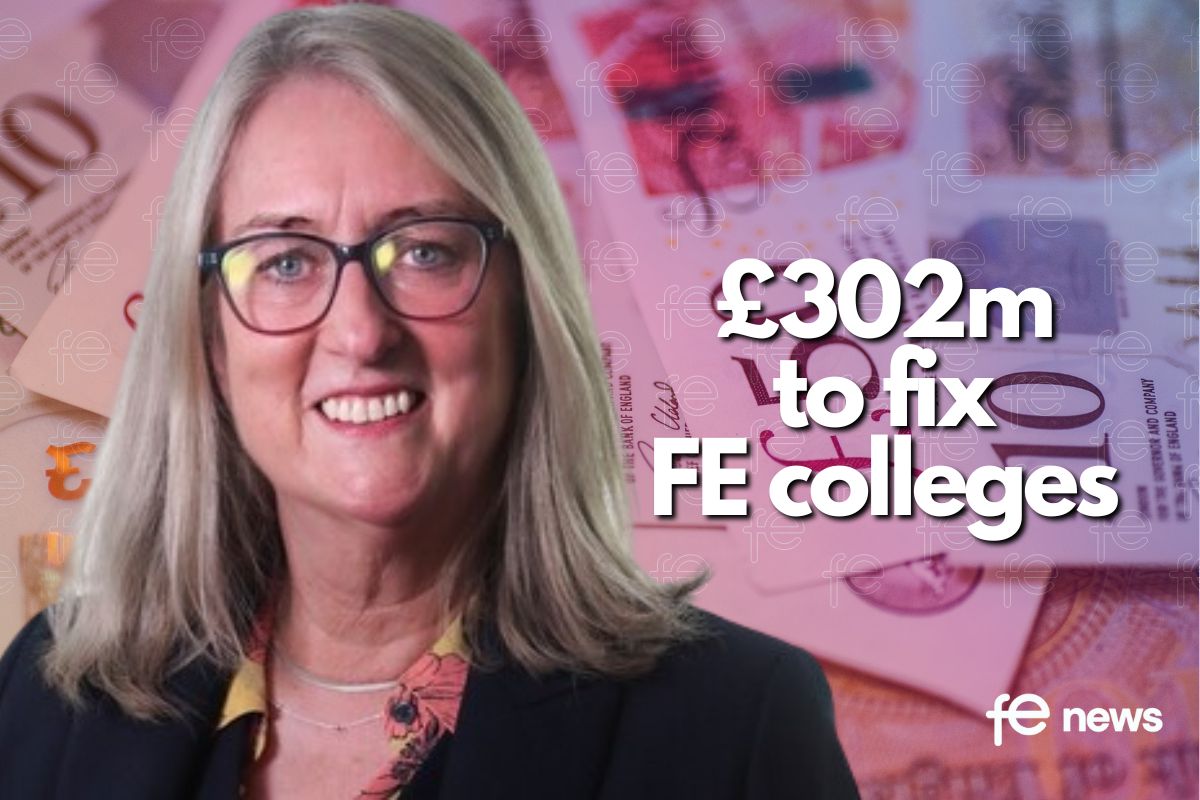British workers are living through a two-decade wage stagnation costing £15,000, as Chancellor’s tax heavy consolidation adds to pressure on the ‘squeezed middle’ as well as the top

The Chancellor’s Autumn Statement has piled further pressure on ‘the squeezed middle’, with personal tax rises announced during the parliament set to deliver a permanent 3.7 per cent income hit to typical households, the Resolution Foundation said today (Friday) in its overnight analysis of the Autumn Statement 2022.
Key findings from the Foundation’s overnight analysis Help today, squeeze tomorrow include:
Uprating relief.
While the confirmation that the government will proceed with the uprating of all benefits in line with inflation (10.1 per cent) next year reflects pre-existing policy, it will make a huge difference to those on low-to-middle incomes and represents the biggest rise since 1991. Compared to the widespread suggestion of an earnings-related uprating (5.5 per cent), this will see households on Universal Credit receive £244 extra on average next year.
Energy support to cover less than a third of rising bills next year.
The end of universal support and the scaling back of the Energy Price Guarantee (EPG) means that households will be far more exposed to rising energy bills next year. For the typical household, the new support will offset just 30 per cent of the rise in energy bills between 2021-22 and 2023-24, rising to 48 per cent of the rise for the poorest fifth of households – due to the welcome ramping up of targeted-lump sum payments. Even after the new EPG and Cost of Living Payments, around one-in-eight families (3.3 million in total) will be paying over £2,000 more next year than they were in 2021-22.
Flipping Osbornomics.
Looking at the total package of fiscal consolidation announced since the pandemic (under Chancellors Sunak, Kwarteng and Hunt), tax rises account for the vast majority of tightening – totalling £68 billion a year, or £2,300 per household, by 2027-28. The spending cuts planned for the second half of the decade do no more than reverse the increases announced in 2021 by then Chancellor Sunak. This is in stark contrast to George Osborne’s consolidation, 80 per cent of which came from spending cuts.
The return of the squeezed middle.
The focus on ‘stealthy’ tax threshold freezes to raise revenue, rather than increases in tax rates, means that the overall effect of the government’s personal tax rises this parliament is to squeeze not just higher-income households, but those on middle-incomes too. A typical household faces a permanent 3.7 per cent income hit from these measures – the same as the top fifth of households – and bigger than the 3 per cent income hit that the very top twentieth of households will face. This reflects the fact that threshold freezes raise the same amount of tax in cash terms on almost anyone earning above that threshold. For example, someone on £62,000 loses as much from threshold freezes as someone on £124,000 in cash terms (£1,600) but twice as much as a share of income (2.6 vs 1.3 per cent).
Levelling up back down again.
The £15 billion of cuts to capital investment announced yesterday will undo 80 per cent of the remaining increases in public investment announced by previous Chancellor Rishi Sunak, which underpinned the levelling up agenda.
The £15,000 cost of economic stagnation for workers.
The OBR’s weaker forecast for pay means that real wages are now not expected to return to their 2008 level until 2027. Had wages instead continued to grow at their pre-crisis rate during this unprecedented 19-year pay downturn, they would be £292 a week – or £15,000 a year – higher.
James Smith, Research Director at the Resolution Foundation, said:
“As an energy importer during an energy price shock, Britain is getting poorer. Deciding how we do so was, to a significant extent, the choice facing the Chancellor. He has decided that households will do so with higher energy bills, higher taxes, and worse public services than previously expected. Whether or not making the choices was tough, the reality of living through the next few years will be.”
Sector Response
TUC General Secretary Frances O’Grady said:
“We need an economy that rewards work – not wealth.
“But working people are facing two decades of lost living standards.
“The Tories are presiding over the longest real wage squeeze in more than 200 years.
“They are holding down the pay of key workers across the public sector, while telling bankers to help themselves to unlimited bonuses.
“They crashed the economy – and now they are marching the country into recession and making working people take the hit.
“That is the price of 12 years of Conservative government.
“If we don’t get pay rising across the economy, we will just keep lurching from crisis to crisis.
“It’s time to stop the rot. Households up and down the country are at breaking point.”











Responses